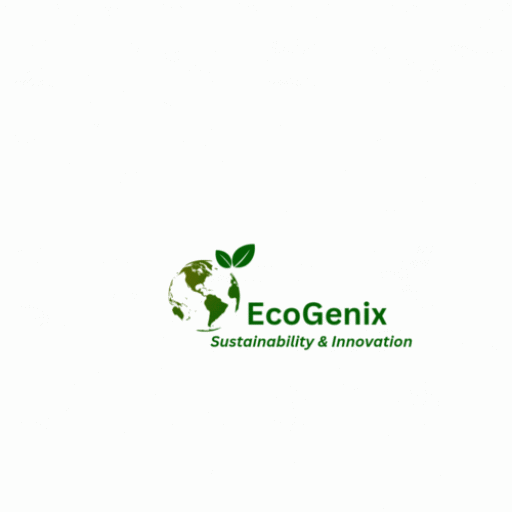Introduction
In today’s rapidly evolving world, the need for sustainable solutions has never been more critical. With climate change looming large and environmental resources depleting at an alarming rate, innovators across the globe are dedicating their efforts to finding sustainable solutions. These innovations not only address current challenges but also pave the way for a greener, more sustainable future.
1. Renewable Energy Advancements:
One of the most significant areas of innovation lies in the field of renewable energy. Breakthroughs in solar, wind, and hydroelectric power technologies have made these sources more efficient and cost-effective. Advancements in energy storage systems, such as high-capacity batteries, are revolutionizing how renewable energy is stored and utilized, ensuring a continuous power supply even when the sun doesn’t shine or the wind doesn’t blow.
2. Circular Economy Initiatives:
Traditional linear economies follow a ‘take, make, dispose’ model, leading to excessive waste. Innovations in the circular economy focus on reducing waste by promoting recycling, repurposing, and reusing materials. This approach not only minimizes environmental impact but also creates new economic opportunities. Companies are now designing products with recyclability in mind, and industries are embracing the concept of sharing and reusing resources.
3. Green Transportation Solutions:
The transportation sector is a significant contributor to greenhouse gas emissions. Innovations in electric vehicles (EVs) and alternative fuels are transforming the way we travel. Electric cars, buses, and bicycles are becoming increasingly popular, reducing our reliance on fossil fuels. Additionally, advancements in autonomous vehicles are expected to optimize traffic flow, minimizing congestion and emissions.
4. Sustainable Agriculture Technologies:
Agriculture is vital for sustaining the growing global population, but traditional farming practices can harm the environment through excessive pesticide use and soil degradation. Innovations such as precision farming, hydroponics, and vertical farming are promoting sustainable agriculture. These methods optimize resource use, minimize waste, and significantly reduce the environmental impact of food production.
5. Water Conservation and Purification:
Water scarcity is a pressing global issue. Innovations in water conservation technologies help minimize wastage in both domestic and industrial settings. Additionally, advanced water purification systems make contaminated water safe to drink, ensuring a clean and sustainable water supply for communities around the world.
6. Eco-Friendly Materials:
Traditional materials like plastic and certain metals have adverse environmental effects. Innovators are now focusing on developing eco-friendly alternatives, such as biodegradable plastics, sustainable composites, and organic fabrics. These materials not only serve the same purpose but also break down naturally, reducing the burden on our ecosystems.
7. Green Building Technologies:
The construction industry is a significant consumer of resources. Green building technologies emphasize energy efficiency, renewable energy integration, and the use of sustainable materials. Innovations like smart home systems, green roofs, and energy-efficient insulation contribute to reducing a building’s environmental footprint.
In conclusion, innovations in sustainable solutions are not just the need of the hour; they are the key to ensuring a habitable planet for future generations. By investing in and embracing these innovations, we can create a more sustainable world where economic growth and environmental conservation go hand in hand. As consumers, entrepreneurs, and policymakers, we all play a crucial role in driving these innovations forward, fostering a greener and more sustainable future for all
ARTICLE BY: WAYNE TOTA
Food Security and Climate Change
waynetota9@gmail.com
0601133196239
Visit for more articles:
https://sites.google.com/view/foodsecure-sustain-agriclimate/home.
